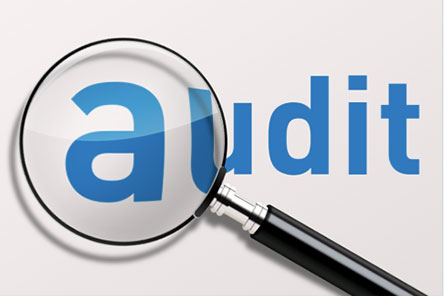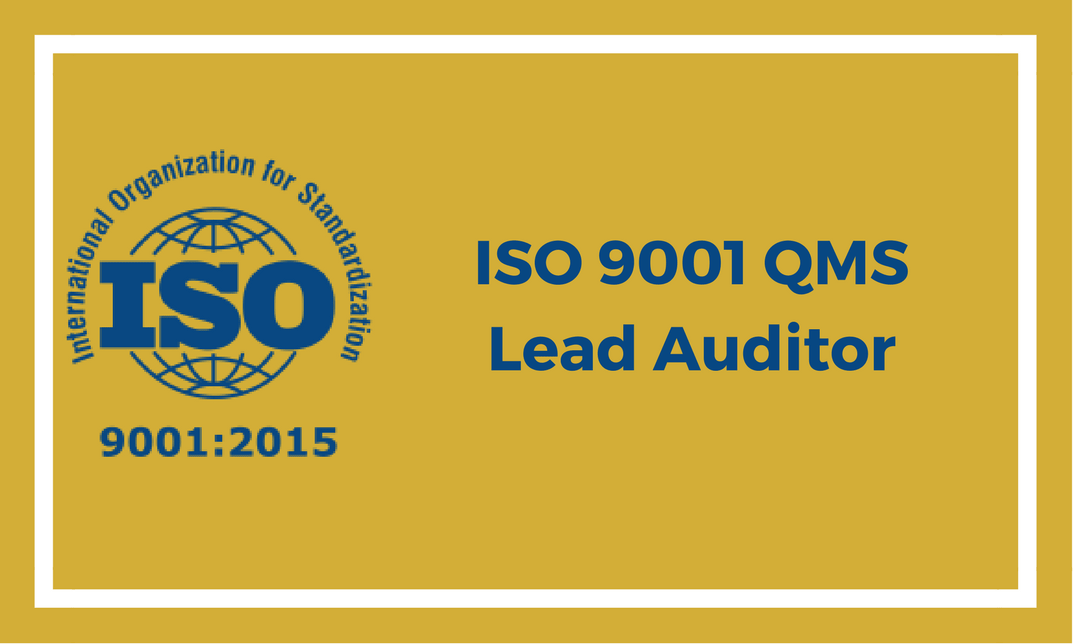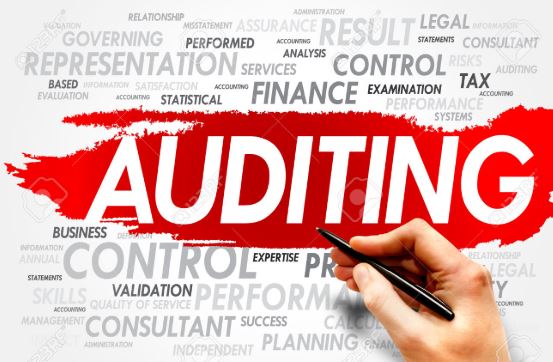

By the end of this course delegates will be able to:
Financial, Operational, Information Technology and External Auditors, Quality Assurance Personnel and other providers of assurance who are new to leading audits and who wish to further develop and broaden their skills and perspective and benchmark their organization against best practice
The Lead Auditor Role
Internal Audit Today and the Wider Context
Corporate Governance and Ethics
The Role of Risk in the Internal Audit Function
Preliminary Fieldwork and Program Planning and Development
Managing Fieldwork
Applying Project Management to Internal Audit
Effective Communications
Fraud Awareness
CDGA attendance certificate will be issued to all attendees completing a minimum of 75% of the total course duration
| Code | Date | Venue | Fees | Register |
|---|---|---|---|---|
| AUD106-02 | 03-05-2026 | Jeddah | USD 5450 | |
| AUD106-03 | 03-08-2026 | Kuala-Lumpur | USD 5950 | |
| AUD106-04 | 01-11-2026 | Dubai | USD 5450 |

Develop the knowledge and skill required to conduct a full audit of an organization's Quality Management System (QMS) to ISO 9001:2015. Gain the confidence to effectively audit a QMS in accordance wi ...

This comprehensive course outlines the concepts of information technology you need to know in order to understand the audit concerns in the IT environment. You will learn the necessary controls for ap ...

In this course you will learn all of the elements involved in traditional and operational risk-based auditing from the unique perspective of the in-charge position. With your peers, you will review su ...
Providing services with a high quality that are satisfying the requirements
Appling the specifications and legalizations to ensure the quality of service.
Best utilization of resources for continually improving the business activities.
CDGA keen to selects highly technical instructors based on professional field experience
Since CDGA was established, it considered a training partner for world class oil & gas institution
3012, Block 3, 30 Euro Business Park, Little Island, Co. Cork, T45 V220, Ireland
Mon to Fri 09:00 AM to 06:00 PM
Contact Us anytime!
Request Info